German Shepherd
Showing all 15 results
iHeartDogs is Your #1 Source for German Shepherd Lover Gifts – German Shepherd Shirts, German Shepherd Sweatshirts, German Shepherd Mugs, German Shepherd Jewelry, German Shepherd Memorial Products & More!
Each Purchase Helps Provides Donated Food to Shelter Dogs!
Since 2013, iHeartDogs has supported rescues and shelters through each purchase in our German Shepherd gifts store. Shop german shepherd t-shirts for him, german shepherd shirts for her, german shepherd mugs, german shepherd hoodies & sweaters, german shepherd jewelry, and german shepherd pet memorial gifts.
In our iHeartDogs Dog Health Supplements store, you’ll find Hip & joint supplements for your german shepherd, german shepherd probiotics, CBD for german shepherds, german shepherd allergy supplements & fish oil, and german shepherd dental chews & cleaners.
With the cost of veterinarian care skyrocketing, make sure you compare pet insurance plans for your german shepherd. In recent years, many new pet insurance companies have entered the market and pet insurance for your german shepherd has become more affordable.







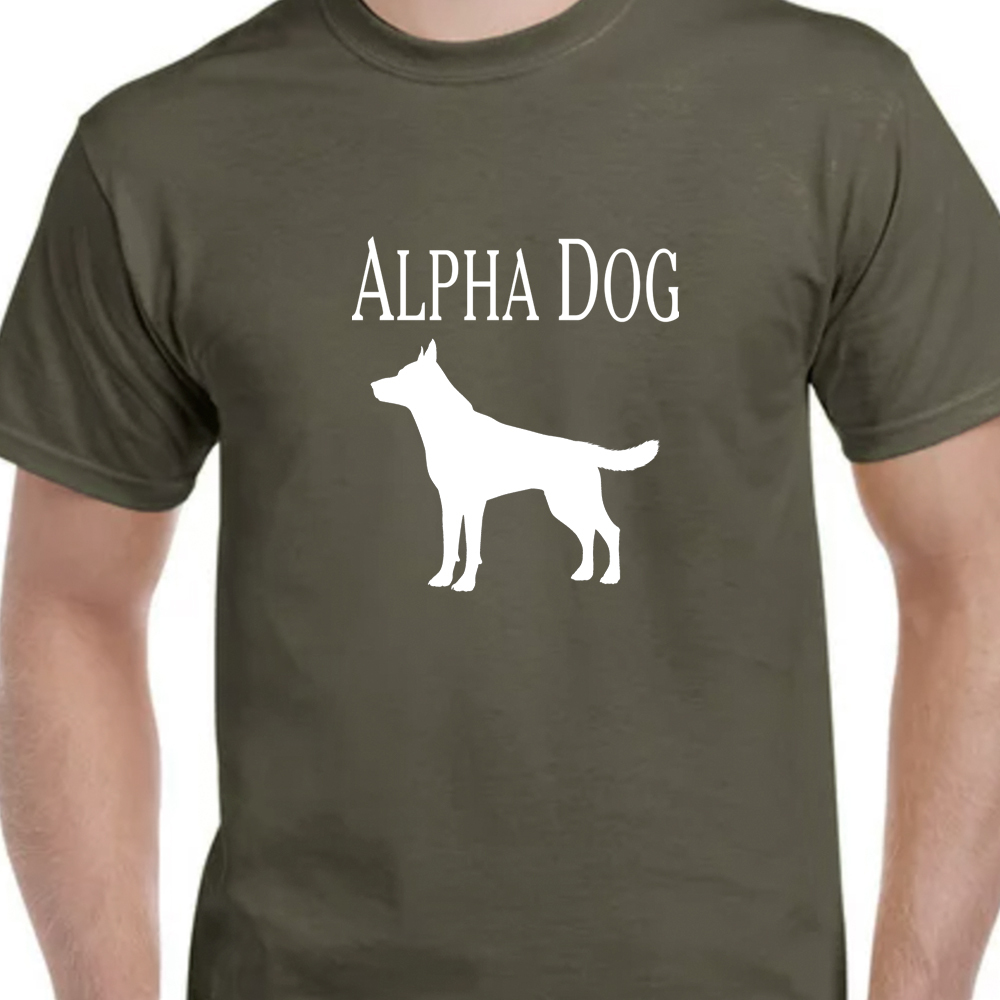
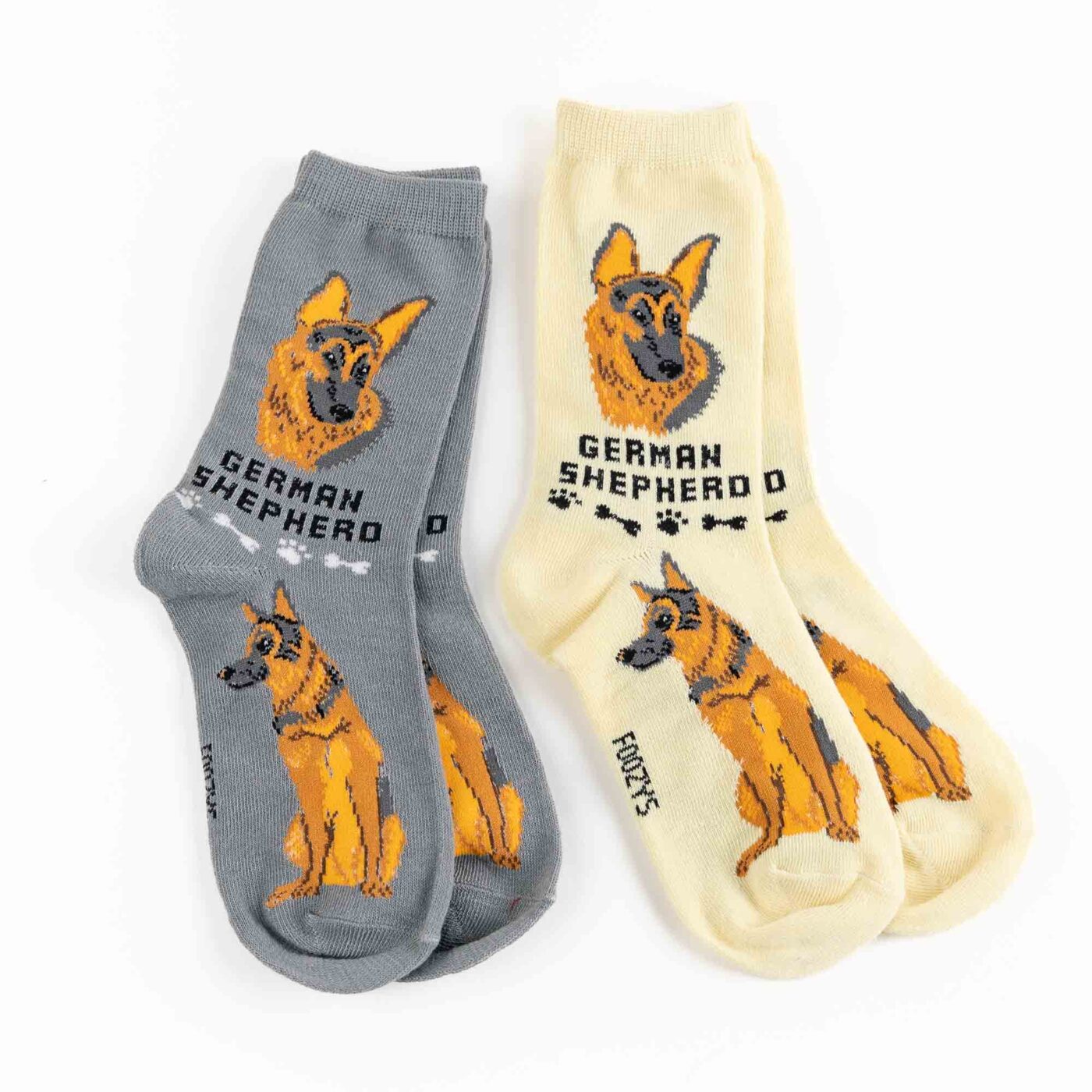














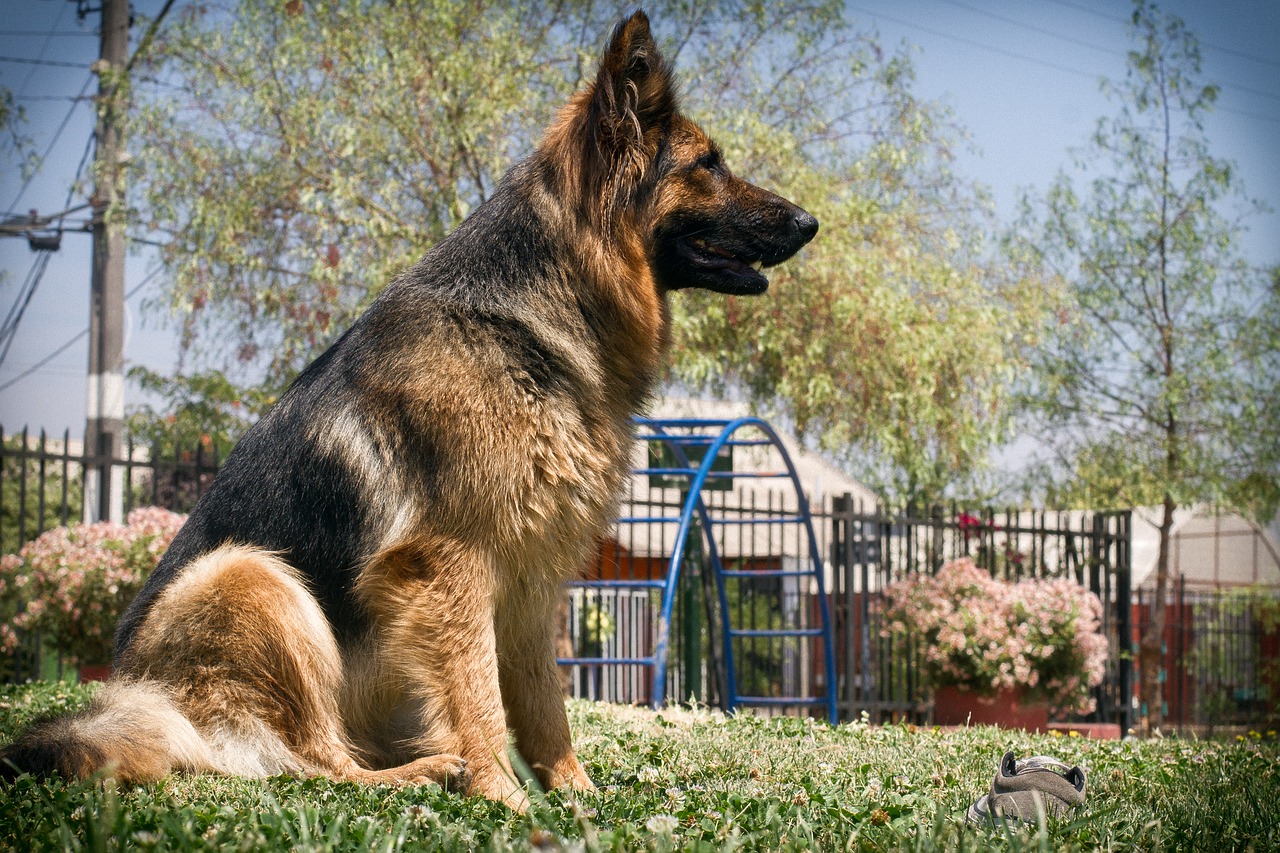




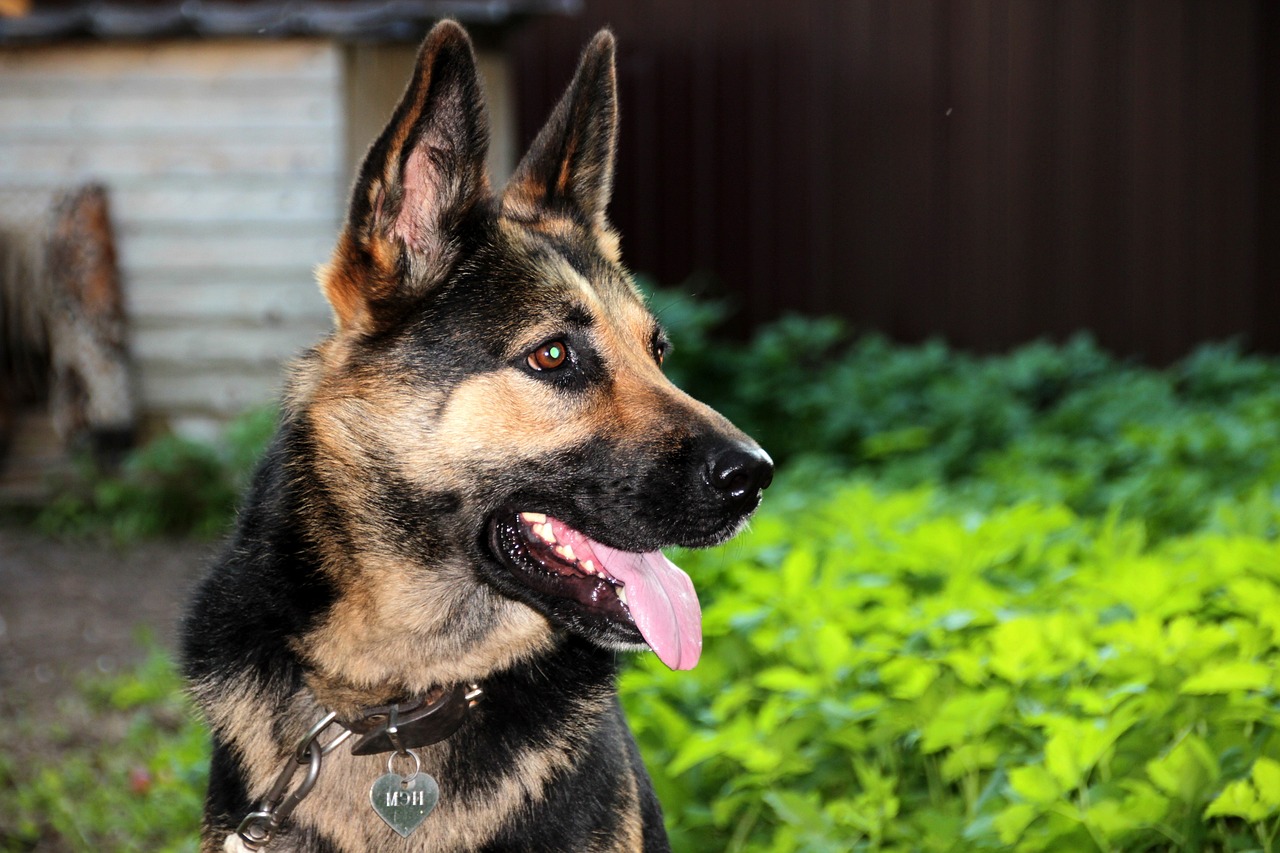


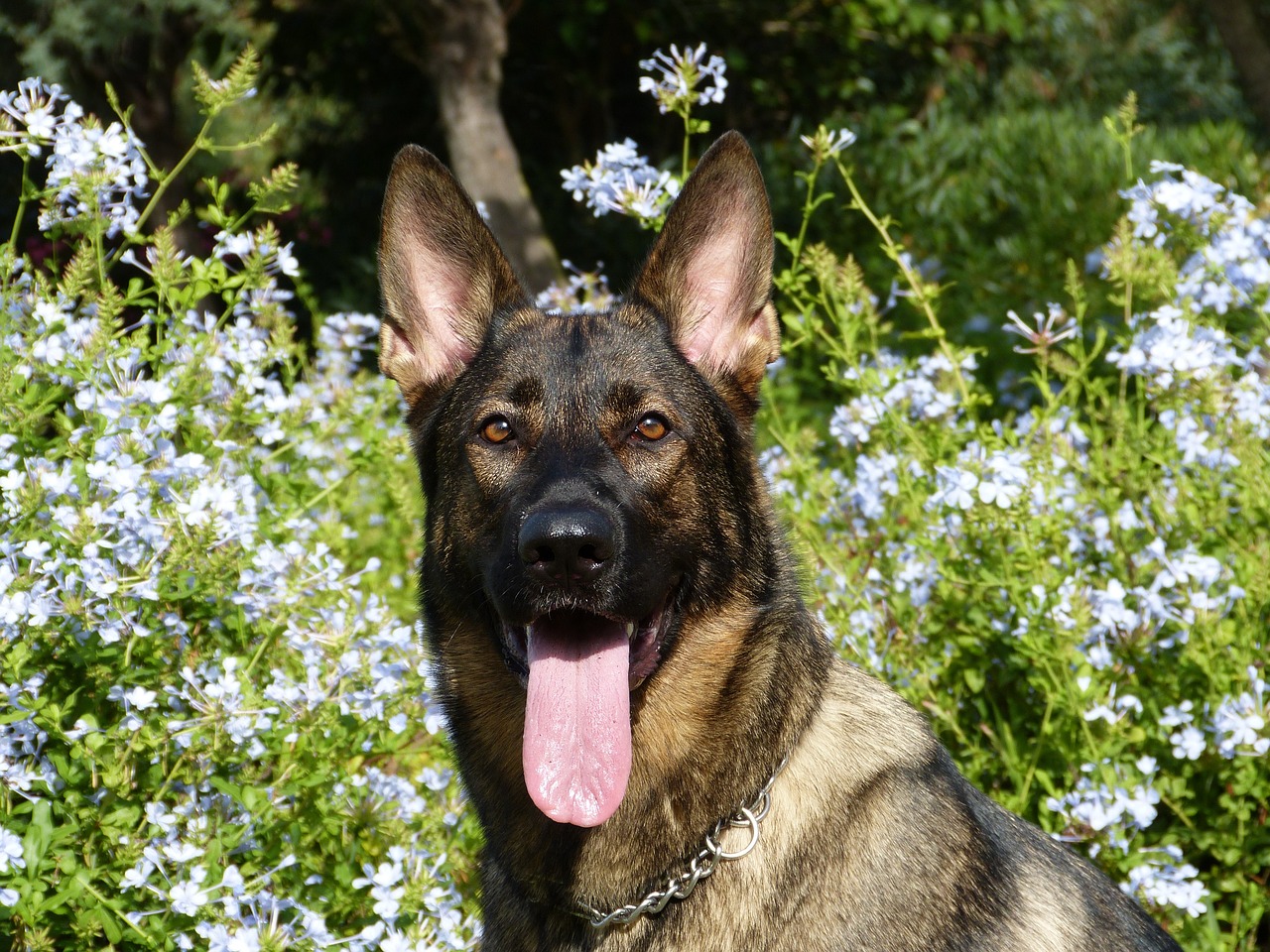
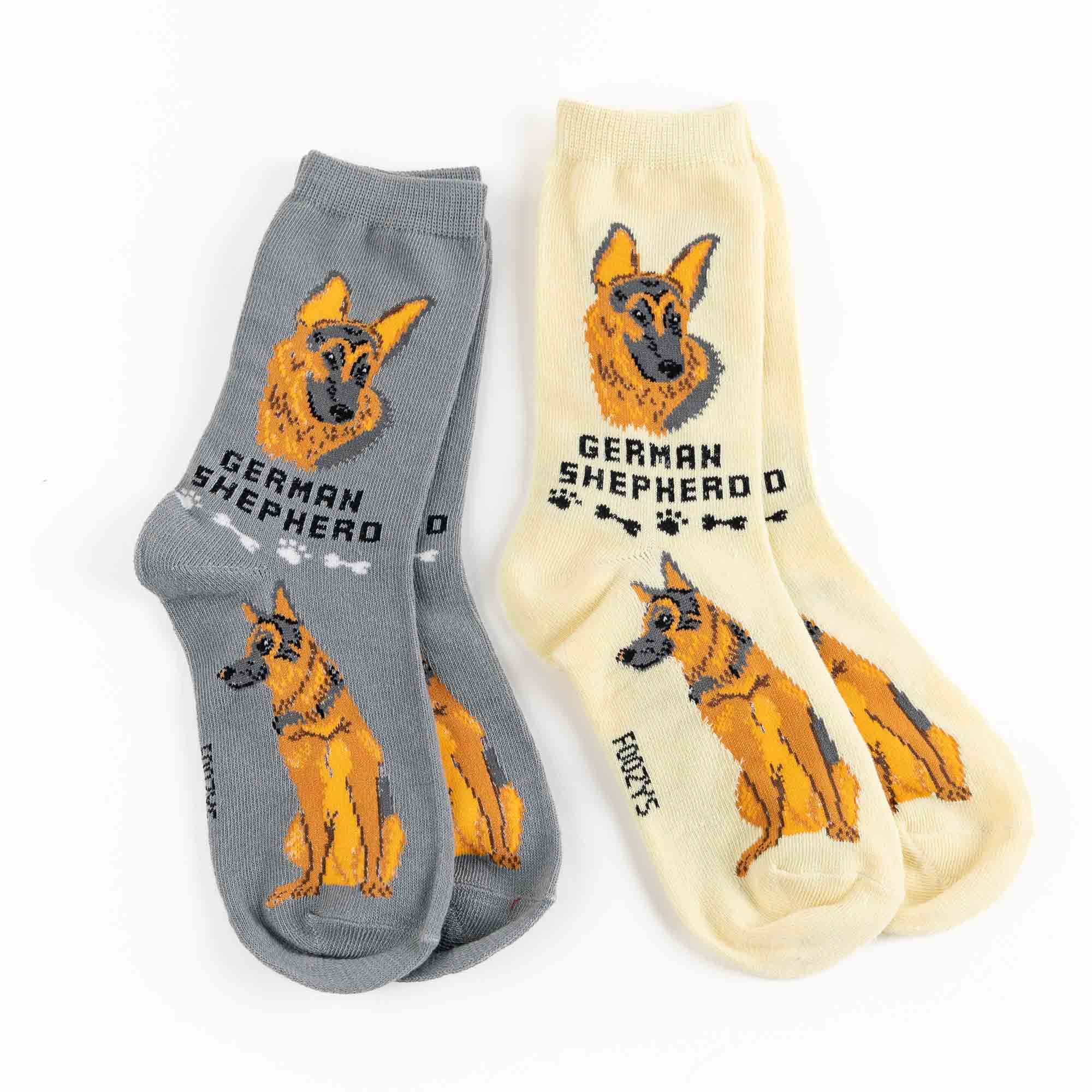
 Toledo, United States.
Toledo, United States.